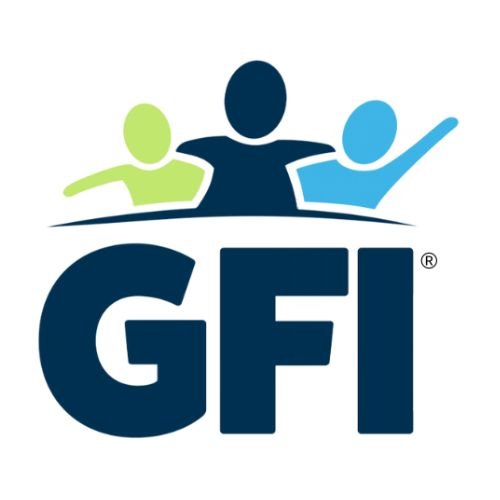Especially for Healthy Development, Friendships Matter!
Long-range studies show not only the immediate benefits of positive peer relationships, but also how healthy childhood relationships contribute to quality of life in adulthood. An Issue Brief by PennState, with support from the Robert Wood Johnson Foundation, pointed out that “social-emotional programming can boost the social-emotional skills of all children, support individual children who have more intensive social needs and improve their peer relationships, and create peer contexts that are more tolerant and supportive of individual differences.”
This is precisely what Good Friend, Inc.’s K-8th grade student programs aim to do. By explaining what autism is and where students of differing social-emotional abilities can find commonalities, we can take the culture of a classroom from one that increasingly marginalizes neurodivergent children to one that seeks to include all learners.
Consistently placing the onus on autistic students to modify their behavior to “fit in” to social norms is a sort of “blame the victim” approach. By providing training for the neuromajority, Good Friend is equipping peers with UPstander tools for immediate intervention if they see bullying.
We like to share Ethan’s (pictured above with his friend Conner) advice: “Be a friend. It will remove 99.9% of bullies.”
One of the ways you can both celebrate your own friendships and help Good Friend establish the social-emotional foundation on which mixed-ability friendships can thrive is by shopping our annual Kendra Scott International Day of Friendship giveback event. Shopping for jewelry can be done in-store or online Friday, July 29, through Saturday, July 30. By mentioning you are shopping for Good Friend, Inc. when in-store, or using the code online (GIVEBACK-CBMPK), 20% of your purchase will be donated to back in support of our autism awareness-acceptance-empathy mission.

